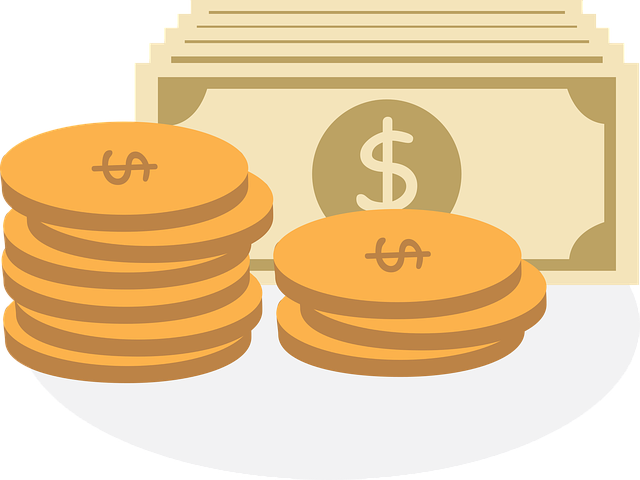Blockchain may seem a bit confusing when trying to know your way around cryptocurrency transactions. Yet a clearer understanding of its significance, will give you greater confidence when entering into deals that allow or require cryptocurrency payments such as bitcoin.
The term blockchain in its simplest meaning refers to digital information stored in a database of cryptocurrency transactions. That is why other blockchain definitions refer to it as the public ledger, as every block includes a record of the (1) date, (2) time (3) amount transacted, and (4) the username of the the person initiating the bitcoin payment, and of the person or entity who will receive thè specified bitcoin amount.
A blockchain, as the term denotes is something larger than just of a single, linear digital information. It comprises multiple transactions linked or chained together and recorded as if appearing as one page of a physical ledger. A blockchain though does not have a standard size like a ledger page, but it can store as much as 1 MB of data coming from multiple bitcoin transactions.
However, not all information of a digital currency or bitcoin transaction entering the cryptocurrency database, immediately becomes part of the chain comprising a blockchain. Certain conditions must be met before one gets stored as a component of a blockchain.
When Does a Block Become Part of a Blockchain?
A block of digital information becomes legitimate public ledger entry only if it has been verified, conformed and transformed as component of a blockchain.
First off, if you are the sender of a bitcoin payment you must have a private key known only to you. You obtained a private key when you received that bitcoin, also by way of a transaction that went through your cryptocurrency network.
Private Key vs. Public Key Validation
A private key is a specific code that gives you the legitimate ownership and authorization to use, or send that specific bitcoin to a bitcoin peer in the same network. A private key though, gives you legitimate ownership of the bitcoin only if it is compatible with a public key generated by the database. If a private key and the public key do not make a match, then the bitcoin transaction is invalid and will not be broadcasted in the network as a legitimate bitcoin transaction.
Although a private key validates your transaction, digital currency procedures require confirmation by a third party who will attest to the legitimacy of the transaction. This is where bitcoin miners come into the picture, because their job is to make mathematical computations that will confirm or counter-check if such a transaction has indeed transpired within the network.
Confirmation by Bitcoin Miners
Currently, best practices recommend at least 6 confirmations to be regarded as sound guarantee that the broadcasted bitcoin transaction is legitimate. A confirmation is evidenced by a hash produced by way of mathematical computation, making it unique and attributable only to the block representing the bitcoin transaction. Moreover, that same hash will link with the hash of the most recent block that càme in as new addition.
Each block therefore, once appearing in a blockchain will be difficult to alter or modify. Anyone attempting to do so, has to tamper with several unique hash data linked together as codes of a block.

